
Top 5 Growth Areas in Skilled Electrical Trades
Introduction: Why the Electrical Trade Is Expanding The skilled trades are the backbone of Canada’s economy, and electricians are now more important than ever. As technology evolves and the country invests heavily in clean energy, five growth areas are creating new opportunities for people in the electrical trade. These sectors are not just temporary trends—they […]
Read More
The Future of Electricians in Canada: EV Charging, Solar, and Smart Grid Careers
Introduction: The Future of Electricians in Canada The electrical trade in Canada is evolving faster than ever before. With the rise of electric vehicles, the growth of solar power, and the modernization of smart grids, electricians are stepping into a future filled with new opportunities. These technologies are not only transforming how Canadians power their […]
Read More
Top Electrician Apprenticeship and Job Opportunities in Canada (2025 Guide)
The demand for certified electricians in Canada has never been stronger. Apprenticeships are becoming one of the most reliable pathways to long-term careers, offering hands-on training, nationally recognized electrical certification, and steady job growth. From residential construction to green energy projects, opportunities are opening up across the country for those ready to start their apprenticeship […]
Read More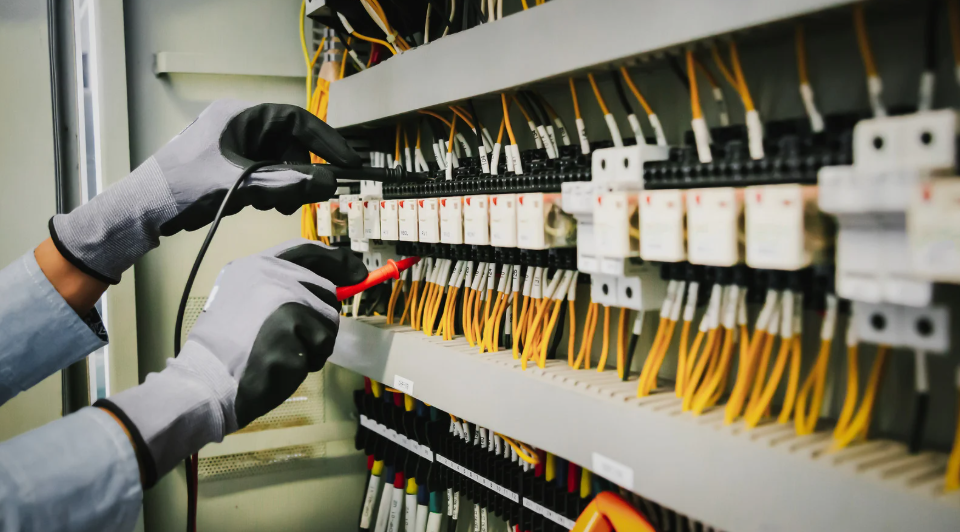
FSR Certification in BC: Step-by-Step Guide + 2025 Canadian Electrical Code Updates
Earning FSR Certification in BC is a critical milestone for electricians who want to take responsibility for electrical work, sign permits, and advance toward roles like Master Electrician. With the 2025 Canadian Electrical Code updates now in effect, the path to certification has changed—making it more important than ever for apprentices and licensed electricians to […]
Read More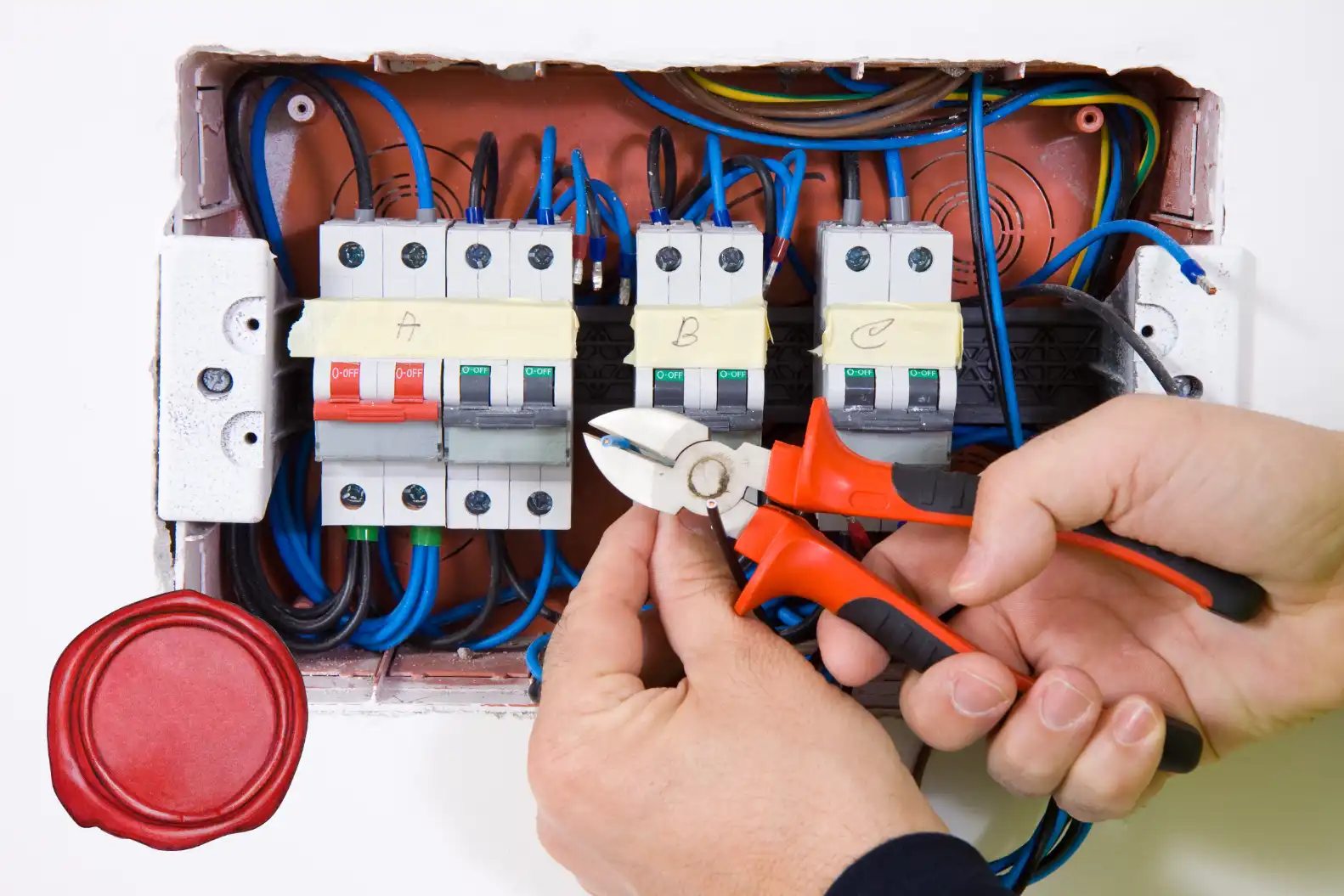
Electrical Red Seal Certification Tips in Canada: Codes, Safety, and Tools for Success
Starting Your Electrical Career Beginning the process to get certified is exciting, but it also comes with challenges. Applicants must quickly develop technical skills, learn how to use tools correctly, and become familiar with the Canadian Electrical Code (CEC). These early habits form the foundation for success on the jobsite and in exams. At Blue […]
Read More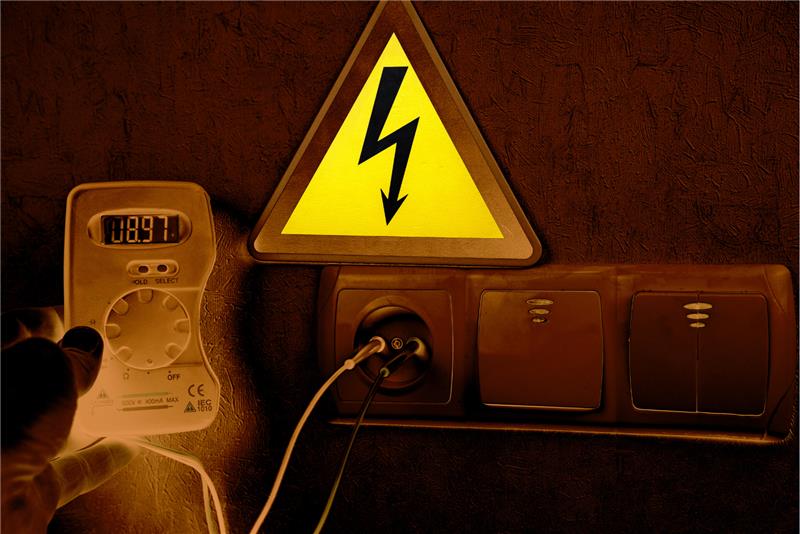
Electrical Emergency Protocols for Electricians: Safety Checklists and Life-Saving Procedures
Why Emergency Preparedness Matters in Electrical Safety Electrical work is one of the most hazardous professions in Canada. Electricians face daily risks such as shocks, arc flashes, and electrical fires. According to the Canadian Centre for Occupational Health and Safety (CCOHS), electrocution remains one of the leading causes of workplace injuries in the construction and […]
Read More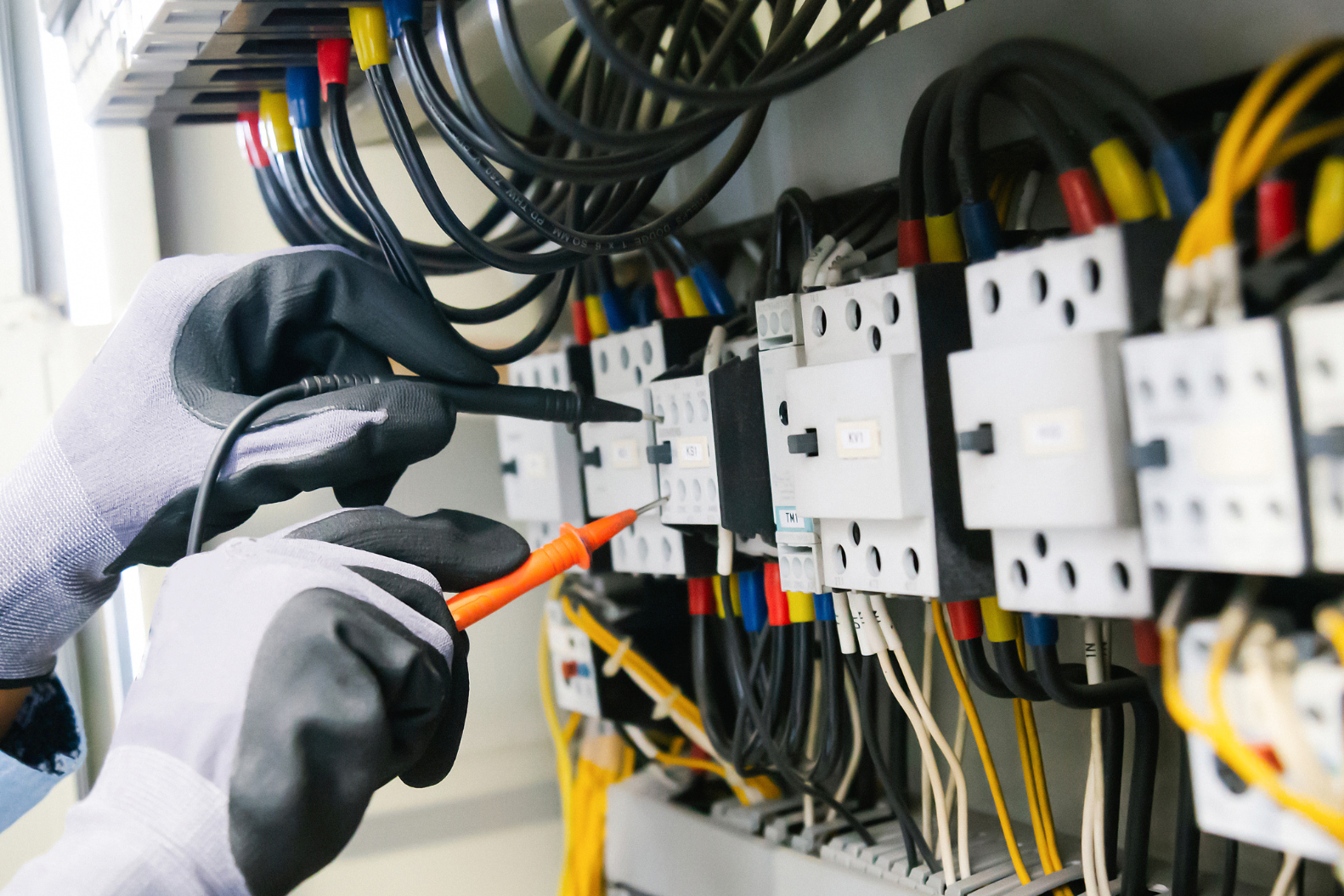
Electrical Safety Tips for Electricians: PPE, Checklists, and Emergency Protocols
Electrical work is both rewarding and high-risk. According to the Canadian Centre for Occupational Health and Safety (CCOHS), electricians face hazards ranging from electrical shock to arc flash injuries. Studies show that most accidents are preventable with proper preparation, protective equipment, and adherence to safety protocols. At Blue Star Learning Center, we don’t just prepare […]
Read More
Red Seal Exam Prep: Proven Study Strategies for Trade Certification Success
Why Red Seal Exam Prep Matters Earning your Red Seal or trade certification is one of the most important steps in building a successful career in the skilled trades. Certification not only validates your skills but also improves job opportunities, wages, and professional credibility. Employers consistently prefer certified workers because they reflect professionalism, adherence to […]
Read More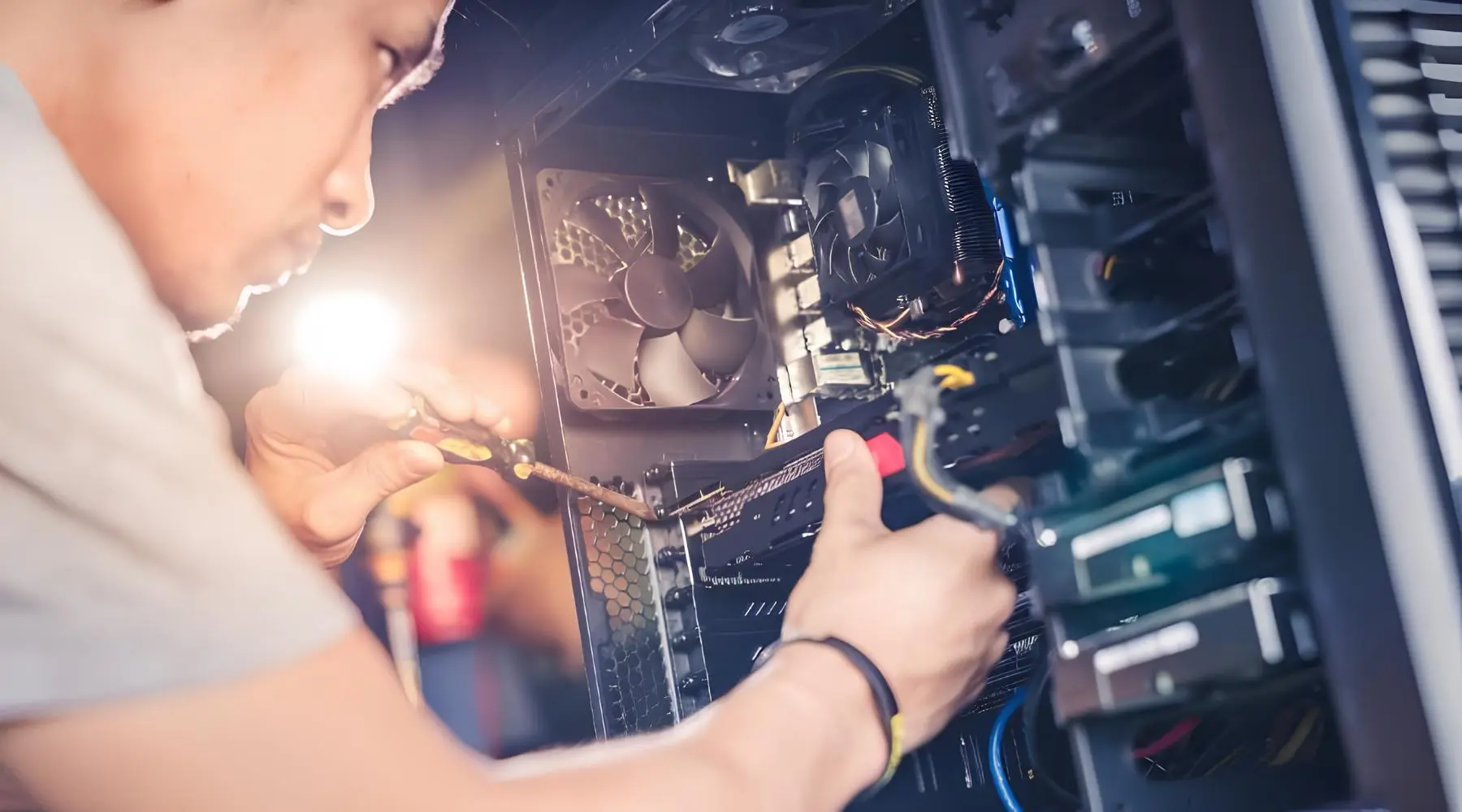
Where Do Electricians Work? Exploring Careers That Power Our World
Electricians are the hidden force behind our everyday lives. They power our homes, light up our cities, and keep businesses and industries moving. But their work goes far beyond fixing wiring problems — today’s electricians are at the forefront of new technology, renewable energy, and modern construction. So, where do electricians actually work? Let’s explore […]
Read More
What Do Electricians Do? From the Canadian Electrical Code to Career Growth
Electricians are highly skilled professionals responsible for managing and maintaining the electrical systems that power our daily lives. From homes to factories, their work ensures safety, efficiency, and reliability. But what exactly do electricians do, and how do they build the skills needed for this critical trade? Installing and Maintaining Electrical Systems One of the […]
Read More
